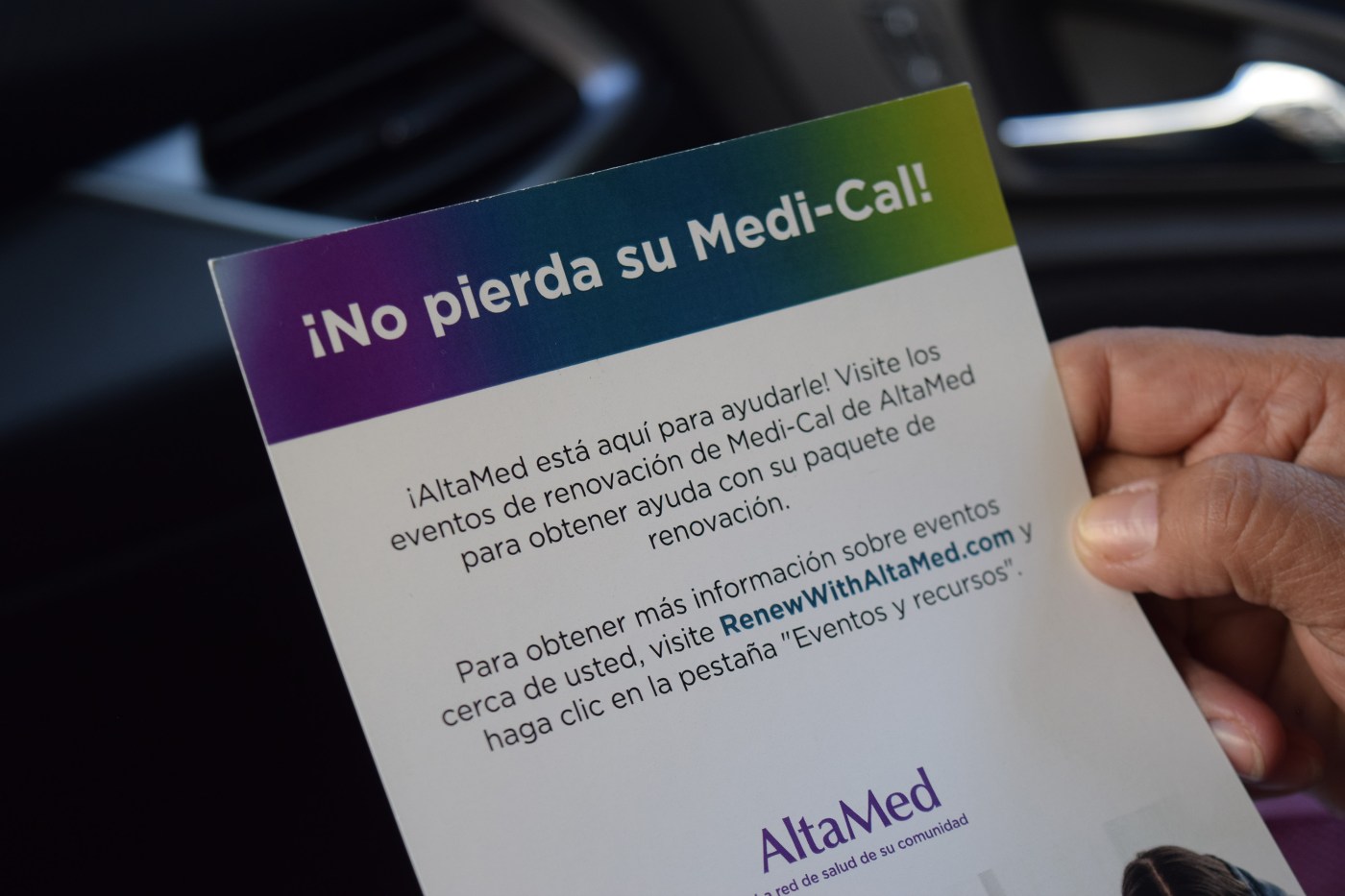Santa Cruz County health officials are informing the local immigrant community about significant changes to Medi-Cal enrollment set for January 1, 2026. These changes will impact residents with an Unsatisfactory Immigration Status, altering their access to health coverage. Despite these changes, county leaders emphasize that affected individuals can maintain their coverage if they act before the deadline.
Starting January 1, 2026, California will discontinue full state-funded Medi-Cal coverage for residents classified under Unsatisfactory Immigration Status. This category includes individuals whose immigration situation does not meet the necessary requirements for full benefits. However, the enrollment window will remain open until the end of 2025, allowing those with this status to enroll in the program, which includes medical, behavioral health, and dental benefits.
Irma Marquez, director of the Human Services Department’s Employment and Benefit Services Division, stated, “If you already have Medi-Cal or if you enroll before January, you can stay enrolled in full scope Medi-Cal regardless of your immigration status.” She added that those already enrolled before the cutoff will continue to have access to essential services, including doctor visits and prescriptions, as long as they comply with mandatory reporting requirements.
Youth aged 18 and younger, as well as pregnant individuals not currently enrolled, will still qualify for full Medi-Cal coverage beyond January 1, 2026. According to the California Department of Health Care Services, the Unsatisfactory Immigration Status designation applies to individuals whose immigration status has not been verified or does not fall within accepted categories.
Currently, approximately 95% of Santa Cruz County’s population of nearly 260,000 residents has health insurance. County health experts stress the importance of maintaining high insurance rates, which helps keep healthcare costs manageable for everyone, including those with private insurance. A rise in uncompensated care can lead to increased costs for local healthcare providers, particularly hospitals.
In addition to the enrollment changes, new requirements will take effect in 2026 for those with unsatisfactory status. Enrollees will need to renew their public insurance plan every six months and will face a new $30 monthly premium. Failure to pay this premium for three consecutive months may result in a loss of coverage, although individuals can regain full-scope coverage—excluding dental services—if they repay premiums within 90 days.
“The health of our entire community is a priority for us,” said Connie Moreno-Peraza, director of the county Health Services Agency. She reassured the community that efforts will continue to address the healthcare needs of low-income and uninsured residents through County Health Centers. Partnerships will play a crucial role in keeping community members informed of changes affecting their healthcare access.
For residents seeking more information about local social safety net services, details are available on the county’s website at santacruzcountyca.gov/Sanctuary.aspx. Additionally, the Employment and Benefit Services Division can be contacted at 888-421-8080. Information regarding Medi-Cal dental providers can be found at smilecalifornia.org/find-adentist, with customer service reachable at 800-322-6384. Comprehensive details about Medi-Cal can also be accessed through the California Department of Health Care Services at dhcs.ca.gov/Medi-Cal/Pages/changes.aspx.







